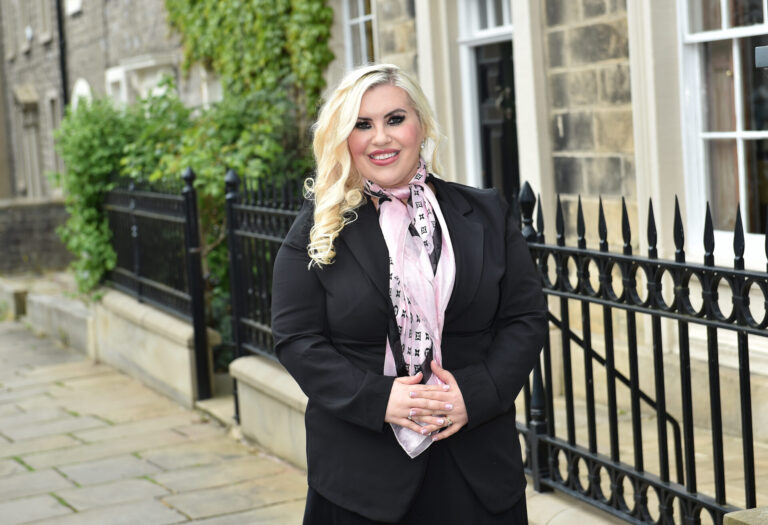
Can I find out about a partner’s potential history of domestic abuse? A guide to Clare’s Law

Jenna Atkinson and Olivia Moore, from our family law team give an overview of the Domestic Violence Disclosure Scheme, also known as Clare’s Law, which gives people the right to request information about a partner’s potential history of violence and abuse.
The police recorded 1.5 million domestic abuse related incidents and crimes in England and Wales in the year ending March 2022.
On average it’s thought that 100 domestic abuse incidences are reported to the police every hour and that one in five people will experience domestic abuse in their lifetime.
Domestic abuse can take a number of forms, including not just physical, but psychological, sexual, emotional and financial abuse. It can happen to men and women and not just between partners. It can also occur among family members living together.
What is Clare’s Law?
This article is mainly to raise awareness of Clare’s Law, which is a Domestic Violence Disclosure Scheme introduced across England and Wales in 2014 and which received statutory support via the Domestic Abuse Act 2021.
This law was created in the memory of Clare Wood who was tragically murdered by her former partner in 2009. Clare had made repeated reports to the police of his sexual assault, criminal damage, threats and harassment.
Clare was not informed of his previous history by the police because, at the time of her murder, the law did not permit the police to disclose his history, despite her partner having been imprisoned on two occasions against ex partners.
Clare’s family campaigned for a change in the law on the foundations that had Clare been made aware of the risk her partner posed to her safety she would have had the information required to make an informed decision to leave the relationship earlier, which would have saved her life.
The effectiveness of Clare’s Law relies on awareness. Continued education and promotion of Clare’s Law are essential to ensure that individuals are aware of their rights and the resources available to them.
How Clare’s Law works
The Right to Ask: Under Clare’s Law, you have the right request information from the police about your current or former partner’s potential history of violence or abuse. The police will be able to provide you with details of their past behaviour or any history of violence which may threaten your safety.
The Right to Know: If the police consider that there is a risk of harm, they have the discretion to disclose relevant information to the person at risk. This could include a pattern of abusive behaviour or previous violent offences.
Third Party Requests: Concerned family, friends or other third parties are able to enquire on an individual’s behalf when they believe that there is a risk of domestic violence from a partner.
The police will assess if disclosure is legal, proportional and necessary. Our solicitors are able to assist with any queries you may have in this regard.
How to contact the police for disclosure
If you believe that you are at risk or you are concerned that someone you know may be at risk of domestic abuse from a partner or ex-partner and you wish to contact the police for disclosure you can call 101 and quote Clare’s Law.
Alternatively, you can complete an online Domestic Violence Disclosure Scheme application form.
Your local police station may also be able to assist should you wish to speak to an officer in person.
Helplines for domestic abuse
If you or someone you know is experiencing domestic abuse, you can report this by calling 101 or online. If there is an immediate risk to your safety or that of someone you know, then you should not hesitate to call 999.
If you wish to avoid the involvement of the police, there are local charities who may be able to assist and we can signpost you if required.
There are also national charities including Women’s Aid, Mankind and Refuge. If you are experiencing domestic abuse, our family law solicitors may also be able to assist you and can speak with you in complete confidence. To arrange a no-obligation conversation with one of our family solicitors call 01772 258321.
